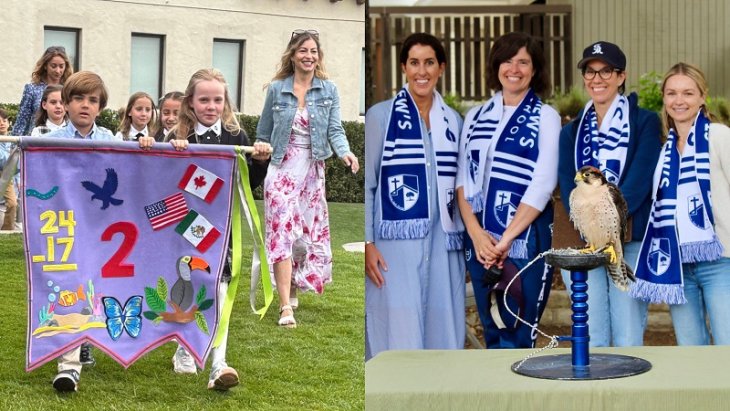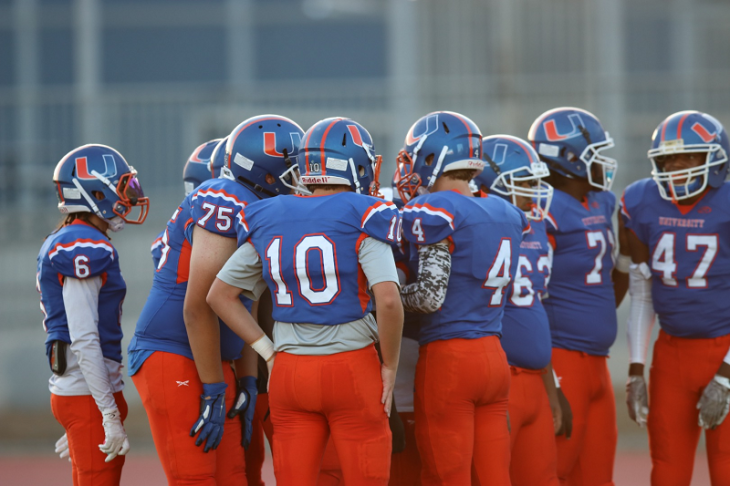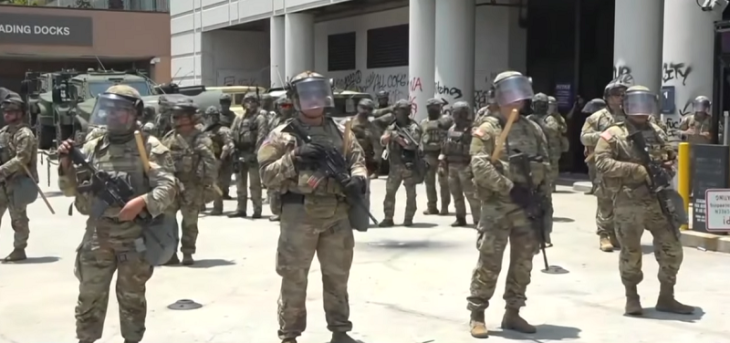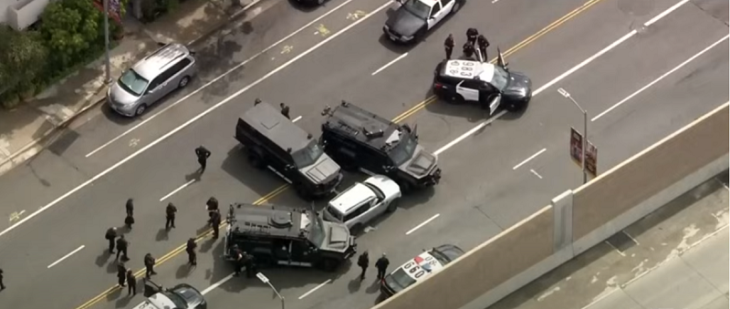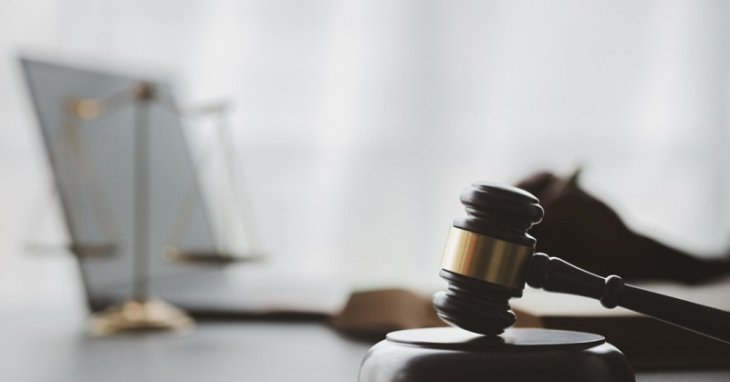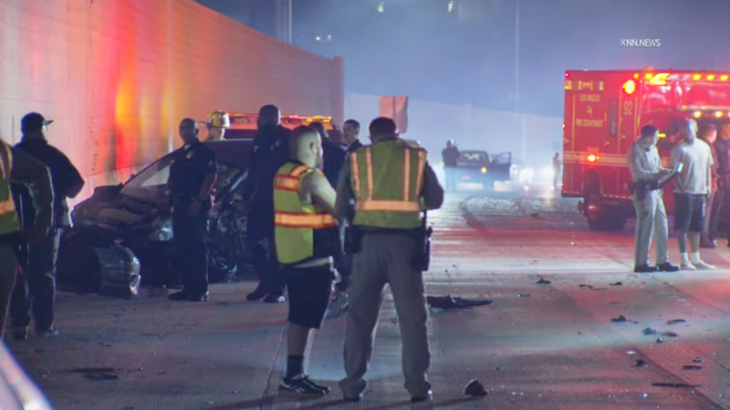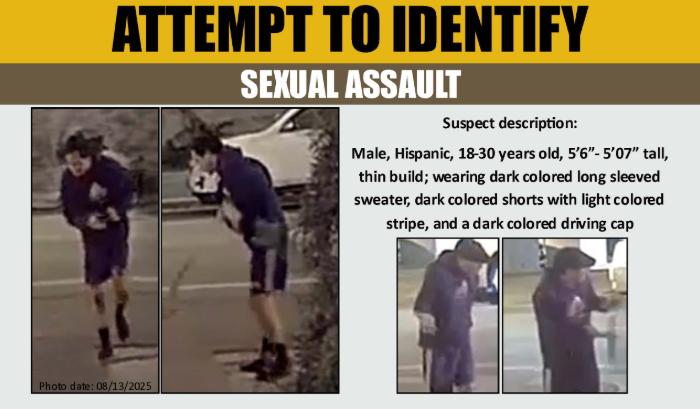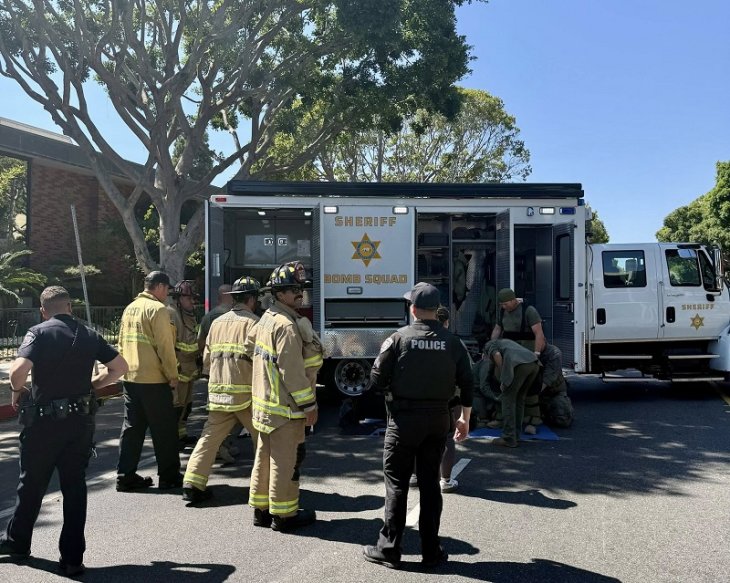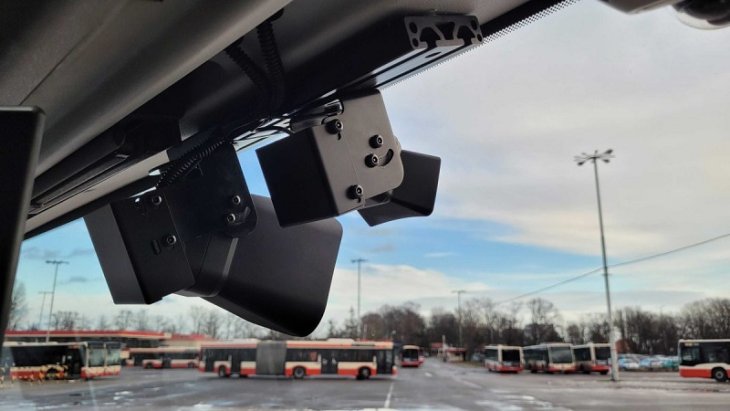Jurors who convicted a German national of setting more than 40 fires in less than a week in Hollywood, West Hollywood and the San Fernando Valley are due back in court today for the start of the trial’s second phase, in which they will be asked to determine whether he was sane at the time of the crimes.
Los Angeles Superior Court Judge George G. Lomeli told jurors that the sanity phase of Harry Burkhart’s trial is going to be “much shorter” than the guilt phase, which lasted about two weeks and culminated with the jury finding the 29-year-old man guilty Thursday of all 49 felony counts against him.
The judge told the six-man, six-woman panel that he expected them to begin its deliberations by Thursday following two days of testimony.
Burkhart pleaded not guilty and not guilty by reason of insanity in connection with the crimes, which occurred between Dec. 30, 2011, and Jan. 2, 2012, with a one-day break on New Year’s Day, when no fires were set.
Jurors deliberated about a day before convicting Burkhart of 25 counts of arson of property, 18 counts of arson of an inhabited dwelling and two counts each of possession of an incendiary device, attempted arson and arson of a structure.
Most of the blazes were started under vehicles parked in carports or near homes, but one vehicle was set on fire Dec. 30 in the parking lot of a shopping center in Hollywood and another at a complex nearby on New Year’s Eve.
In summing up his case, Deputy District Attorney Sean Carney told jurors that Burkhart tried to inflict “fear on the entire community” in a “quest for revenge” after his mother was arrested in the United States in connection with a criminal case in Germany.
Defense attorney Steve Schoenfield told jurors that the prosecution had presented evidence to connect his client to a handful of the crimes, but “lacked specific evidence against Harry Burkhart for the bulk of the charged arsons.”
“The M/O (method of operation) is not so unique that only one person, Harry Burkhart, is capable of doing those arsons,” the lawyer told the panel. “Copycats could be responsible. … There are plenty of opportunists.”
Schoenfield said there was enough evidence to tie Burkhart to “six, possibly seven of the charged fires. We don’t want to toss in all these other arsons that haven’t been proven. … They just don’t have the evidence. They have evidence for six of them.”
In his rebuttal argument, the prosecutor said there was direct evidence that Burkhart was the “perpetrator” in six or seven of the charges against him, and “overwhelming” circumstantial evidence that he set the other fires.
“What he wants you to speculate about in this case is that there’s a copycat out there,” Carney said of the defense attorney’s argument. “Nobody knew what combination of fire-starters Harry Burkhart was using except for the police.”
The prosecutor noted that the fires started right after Burkhart’s mother, Dorothee, was arrested and arraigned and then stopped after Burkhart was taken into custody on Jan. 2, 2012.
“A copycat would have to know to stop lighting fires when Harry Burkhart was arrested — not a reasonable interpretation of the evidence,” Carney said.
Burkhart has remained jailed since his arrest, and could face nearly 89 years in state prison if jurors find that he was sane at the time of the crimes.
Burkhart has spoken outside the jury’s presence several times in court, telling the judge twice that he would like to make a statement although he had waived his right to testify in his own defense.
After the jury’s verdict, Burkhart said through a German interpreter, “There are a lot of unfair claims and I wish you could do something about it.” The judge responded, “Well, sir, you’ll certainly have a right to appeal this matter to a higher court …”






